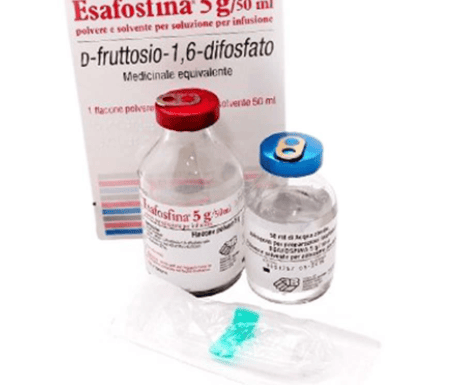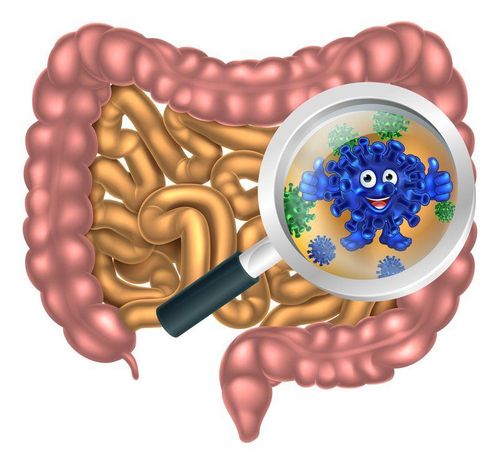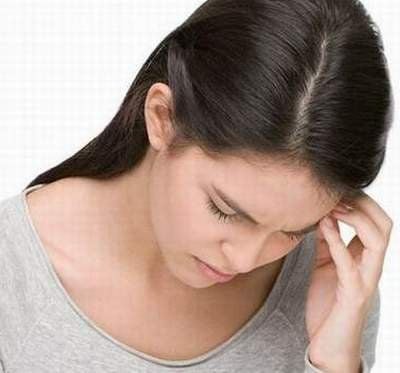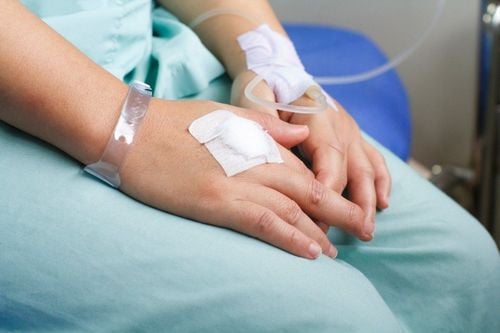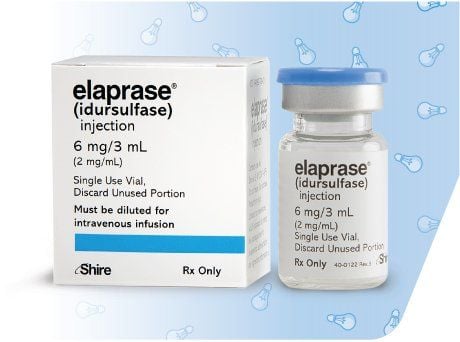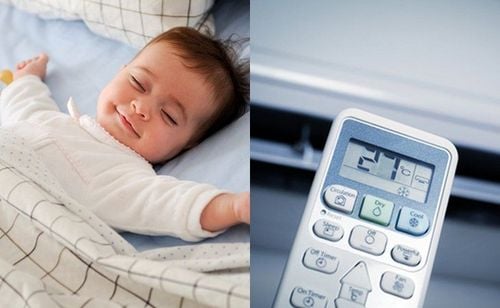This is an automatically translated article.
The article was professionally consulted by Specialist Doctor II Ho Viet Le Diem - General Internal Medicine - Department of Examination & Internal Medicine - Vinmec Central Park International General Hospital.Humans are warm-blooded animals, able to maintain body temperature by balancing the process of heat production and heat loss. When this imbalance occurs, the body temperature rises too high, which will affect the metabolic processes in the body, disrupt vital activities and sometimes even be life-threatening.
1. What is hyperthermia?
The human body is a non-stop working machine. Even if you sit to rest, lie still, physiological activities continue to take place, creating energy to supply cells and generate heat. Therefore, temperature stability is one of the important health indicators, around an average value of 37 degrees Celsius. The rise or fall of body temperature are both unusual matters to be concerned with.Hyperthermia is defined as when the measured body temperature is higher than normal. This is the result of an imbalance between heat generation and heat loss. In which, the heat generation process increases sharply or the heat dissipation process is limited, or a combination of both.
Hyperthermia should be distinguished from fever. This is also a body temperature that is higher than normal but not due to an imbalance in heat production. Instead, fever is a manifestation of a series of physiological and biochemical reactions to fight against abnormal foreign agents entering or even abnormalities inside the body.
Trắc nghiệm: Bận rộn có ảnh hưởng đến sức khỏe của bạn không?
Cuộc sống hiện đại khiến chúng ta vì quá bận rộn mà quên chăm sóc sức khỏe cho chính mình. Ai cũng biết rằng lịch trình làm việc cả ngày có thể khiến bạn kiệt sức, nhưng cụ thể bận rộn ảnh hưởng thế nào tới sức khỏe? Hãy cùng làm thử bài trắc nghiệm dưới đây.
2. What are the causes of hyperthermia?
2.1. Causes of increased heat generation
Body movement: When moving, the muscle mass increases metabolism to generate energy for muscle contraction accompanied by heat generation. Nutrition: A hearty, high-protein meal will generate more heat than a poor, fiber-only diet. Overweight - obese: The energy requirements of these subjects are higher than that of normal people, so the heat generated from metabolic processes is also higher. Use of stimulants: People who smoke, drink alcohol, use drugs... often have a higher body temperature than normal people. Focused work, psychological stress: This situation requires a lot of energy to be used for mental activities, so it also generates a lot of heat.2.2. Causes of heat loss reduction
Wear layers of clothing: The skin is the body's main heat-reducing organ. If you are covered too much, wear tights, socks, and hats, it will be difficult for the body to excrete heat. This is very common in young children when they are overly smothered by their parents.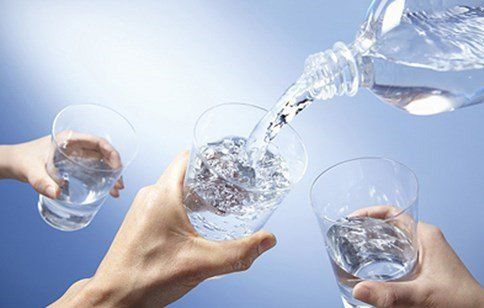
3. What are the symptoms of hyperthermia?
Hyperthermia has a direct effect on the internal metabolic processes of the body. Since then, the vital activities of the organ systems are more or less disturbed and damaged.3.1. Circulatory system
When the body has hyperthermia, due to the urgent need to eliminate heat, the circulatory system with the participation of the heart and blood vessels must work more actively. The heart rate increases, the blood pressure increases, the superficial capillaries under the skin dilate to increase heat loss.In this case, the high stress of the heart without ensuring enough oxygen supply or the heart with previous damage such as coronary atherosclerosis, heart failure will be the risk of acute cardiovascular complications such as heart failure. heart attack, myocardial infarction, acute pulmonary edema, circulatory collapse (commonly known as heat stroke) and death.
3.2. Nervous system
The hot state inside the body will inevitably cause certain fatigue and mental stress. Patients easily change their mood, become irritable, irritable, dizzy, dizzy, and have poor concentration on work.If prolonged hyperthermia, especially in young children, elderly people can't control themselves, consciousness will become reduced, sluggish, lethargic, somnolent, progressing worse than fainting, coma, sudden death.
3.3. Musculoskeletal system
Muscle activity is no longer sustained in hot environments or in hyperthermia. If you have to continuously work without rest and rehydration, the patient is prone to heat exhaustion.Initial manifestations of heatstroke are thirst, muscle weakness, rapid muscle fatigue, cramps and more severe progression is decreased coordination of activities, loss of balance, easy to cause falls and accidents.
4. What to do in case of hyperthermia?
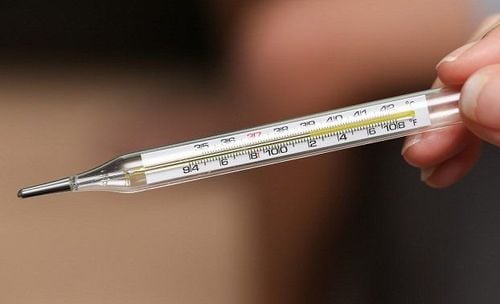
In case the patient has severe hyperthermia, rapid pulse, low or low blood pressure, changes in consciousness, it is necessary to quickly take him to the nearest medical facility for timely intervention and intravenous fluids. intravenous fluids, electrolyte balance, or more aggressive measures to lower body temperature.
However, the most effective treatments for hyperthermia may not be as significant as prophylactic measures. Avoid prolonged exposure to the sun, especially around midday. When required to go outdoors, should wear protective clothing, hats, sun glasses.
Besides, increase the amount of water you drink, make sure to reach 2 to 3 liters, pay attention to add electrolytes with oresol solution. If the weather is hot and humid continuously for a long time, you can bathe or cool your body several times with clean water, keep your skin clean, avoid clogging pores, wear light, moisture-wicking, cool clothes to help increase Enhances the ability to dissipate heat by excreting sweat.
Besides, it is necessary to limit the use of stimulants, smoking, drinking coffee, alcoholic drinks, carbonated soft drinks... will reduce heat generation. Finally, learn how to stay optimistic, happy, comfortable, reduce stress so that hot days pass more quietly.
In short, the body can hardly survive without heat, but too high a body temperature is also harmful to health. Understanding these things and learning how to prevent hyperthermia is an important way to protect the health and spirit of yourself and your family, especially the elderly and children on hot summer days.
Please dial HOTLINE for more information or register for an appointment HERE. Download MyVinmec app to make appointments faster and to manage your bookings easily.




